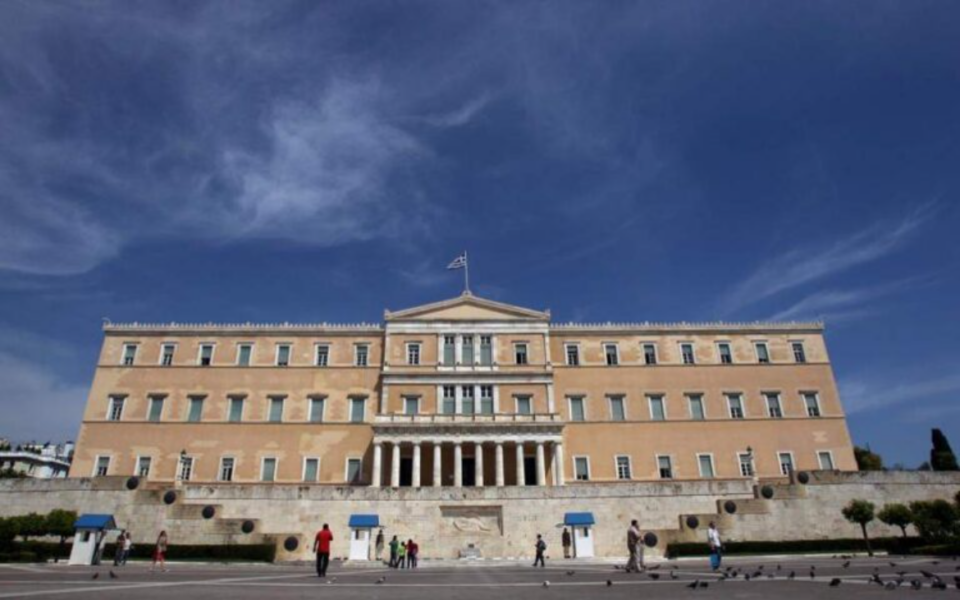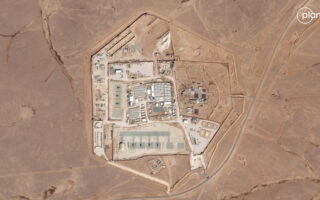Greece in front of the mirror

We Greeks tend to overreact and be too harsh on ourselves. We often overlook or quickly forget successes and accomplishments, but are quick to find faults and failures. We rarely credit our political opponents or rival parties for doing the right thing, believing that “our guys” are always in the right and working for the good of the nation, while the “others” are always wrong.
Foreign and security policy issues are a typical example of this attitude, where many are quick to accuse the rival camp of folding because it chose to pursue a policy they disagree with.
Nevertheless, despite the many enduring afflictions of the Greek system, the gaps, oversights and bad habits, despite the discord and division, and the many, many things that need to be fixed, Greece can today – 50 years after the restoration of democracy – look itself in the mirror with optimism.
The three-day conference organized by Kathimerini, the National Bank of Greece Educational Foundation, Delphi Economic Forum and the Greek Observatory at the London School of Economics on “50 Years of Political Transition: The Achievements and Deficits of the Third Greek Republic” that starts on Thursday at the National Gallery, offers an opportunity for a sober look at this important chapter of the nation’s history. It allows us to take stock of its achievements – and there have been many, by different governments – but also its failures, which have also been numerous and across all the different parties.
As a society looking to the future, it is important to learn from the mistakes of the past so they are not repeated, while also bearing in mind when faced with crucial decisions that things can certainly get worse – as has been the case all too often for this country. Just imagine, for example, where we’d be today if in late 70s Konstantinos Karamanlis had bowed to the pressure of populism and opposition to Greece’s entry into unified Europe, the then European Economic Community.
The focus tends to be on the politicians, but they are not alone, of course; citizens also play a crucial role in what course the country takes. A large section of the local business elite has created and stoked a vicious cycle of cronyism and corruption. Obviously, not all businesspeople are in this gray category. There are also those who had the pioneering vision to propel Greece forward.
Likewise, there are many social stakeholders who remain bound to anachronistic ideological fixations that have hampered the country’s progress.
An overall assessment of the political, economic and social developments that took place over these last 50 years, one where we also look at ourselves in the mirror with a view to identifying where we went wrong, can only be useful and contribute to helping us become better as a country. As such, Kathimerini’s initiative hopes to become a starting point for similar events over the course of this landmark year.




